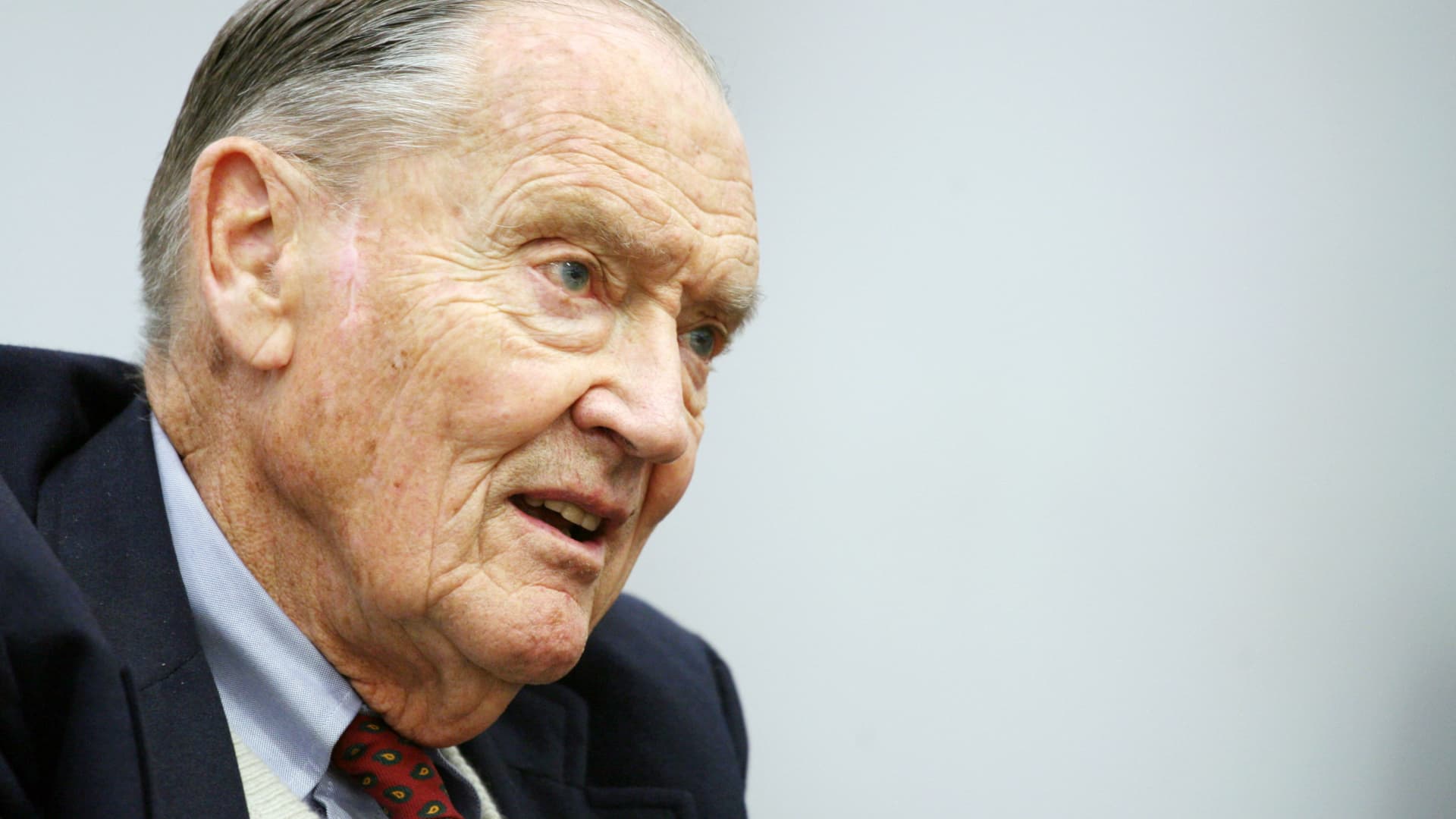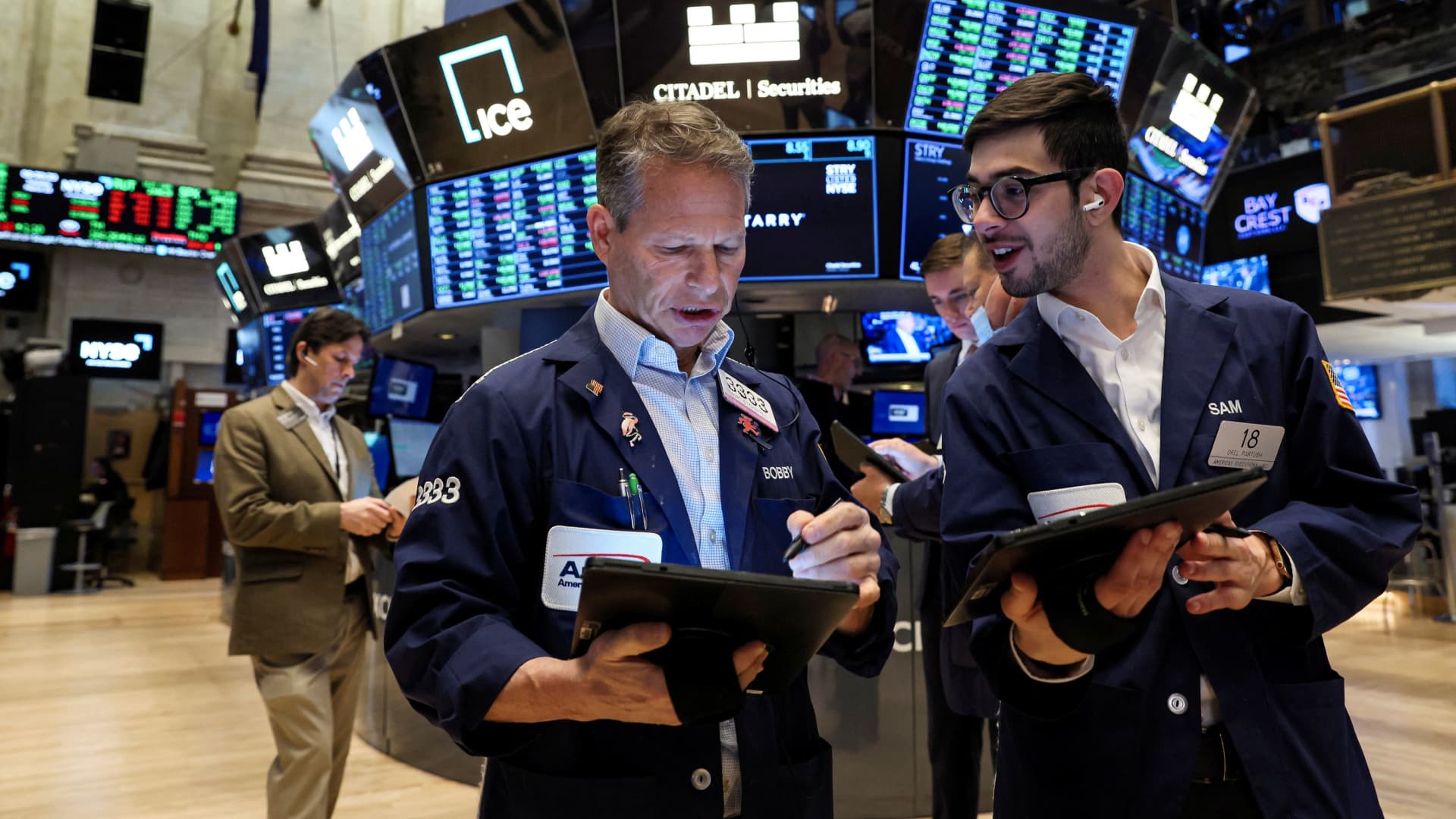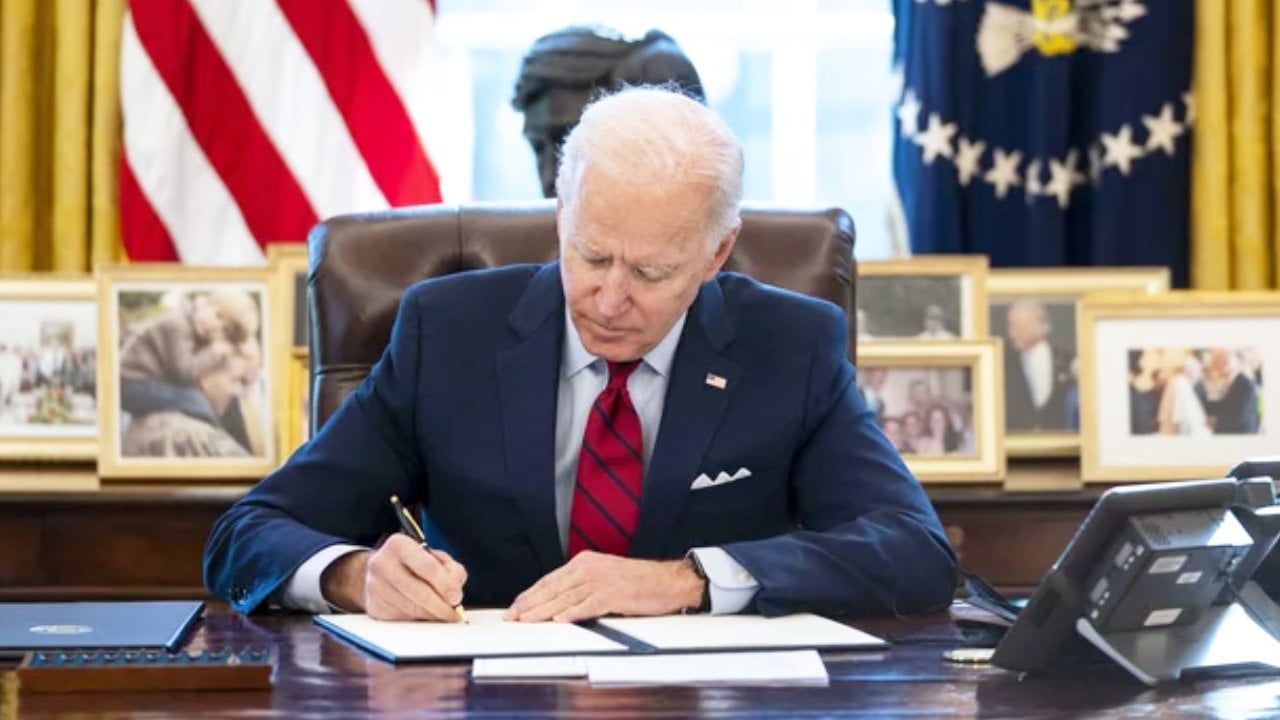The New York Times and Wall Street Journal editorials on the Mar-a-Lago search affidavit were more or less as expected. The New York Times argued expansively that nobody is above the law, including a current or former president. The Wall Street Journal (which tried hard to love Trump during a few years but understandably failed) argued that whatever crime Trump committed in keeping classified documents is a minor thing compared to the consequences of the Department of Justice going after him.
It is useful to look at the issue in light of the theories of law developed by economists since the mid-20th-century century. One theory, identified to the Law and Economics movement or school, is that law should be efficient, in the sense that it should weigh the benefits and costs of any legal intervention, including of course its effect on incentives (an unorthodox view is given by David Friedman in his 2000 book Law’s Order). Both the New York Times’s and the Wall Street Journal’s editorials seem consistent with this theory. They simply don’t make the same evaluation of costs and benefits, or bear the same moral judgement about on whom they fall—as typically happens in a cost-benefit approach.
The two other major political-economy theories of law may look less “scientific,” but this mainly, if not only, because the scientific claims of cost-benefit analysis are much overrated.
One theory was developed by FA. Hayek, a 1974 Nobel laureate in economics (see his Law, Legislation, and Liberty, especially the first volume, originally published by the University of Chicago Press in 1973, and my Econlib review of this book). The basic idea is that laws are those general, impersonal, and abstract rules that are essential for the maintenance of a free society, that is, for a social order where coercion is minimized and each individual can pursue his own purposes. In this perspective, the question would be something like: Can we universalize, in a free society, the rule that the chief executive of the government, in or out of office, may treat national security documents as he sees fit? (Or is it just a matter for the organization called government?) If yes, leave Trump alone on this matter. If not, the search of his office and residence is prima facie justifiable.
The other major economic approach to the analysis of law is the constitutional political economy mainly developed by James Buchanan, laureate of the 1986 Nobel prize in economics (see, for example, his 2006 book Why I, Too, Am Not a Conservative and my review in Regulation). The basic idea is that, accepting the axiom that all individuals are “natural equals,” politics must be based on, and limited by, general rules (“general” in the same sense as Hayek’s) that must be unanimously consented to, or capable of unanimous consent, by all individuals of a society in a virtual social contract. Before giving his consent or opposing his veto, each individual balances his own benefits and costs. In this perspective, the question would be: Is it plausible that all Americans, fearful of Leviathan, would accept that the social contract allow a current or former chief executive of the government to use national security documents as he sees fit? If yes, leave Trump alone on this matter. If no, the search of his office and residence is prima facie justifiable.
The answer to our question appears to be substantially the same whether we follow Hayek’s or Buchanan’s theory of law. A similar approach would apply to other current or former rulers who misuse classified information—although some misuse may be more serious than others. Whether it should also apply to private parties who leak classified information is a somewhat different matter.
We should remember that the rulers are, or should be, tasked with maintaining a free society (Hayek’s approach) or with enforcing a unanimous social contract (Buchanan’s). One would think that the law would hold them to a very high standard. As a citizen, a ruler has exactly the same rights as other citizens; as a ruler, he must accept some special constraints. It is Donald Trump who had the job of protecting Edward Snowden’s rights, not the other way around. “It’s hard to believe that a dispute over documents would yield a criminal indictment,” the Wall Street Journal writes, but they are speaking about Mr. Trump! What did he do while in power to reduce the generalized legal risks that ordinary citizens face from the hundreds of thousands of pages of federal laws and regulations? This reminds me of the historical example that Mancur Olson, another famous economist, reported (Power and Prosperity, 2000, p. 40):
In Venice, after a doge who attempted to make himself autocrat was beheaded for his offense, subsequent doges were followed in official processions by a sword-bearing symbolic executioner as a reminder of the punishment intended for any leader who attempted to assume dictatorial power.
A little economic exercise to go further: (1) What would be the criterion by which political dignitaries would be judged under Anthony de Jasay’s “capitalist state”? (2) Did Mr. Trump work to establish this “capitalist state”?
















